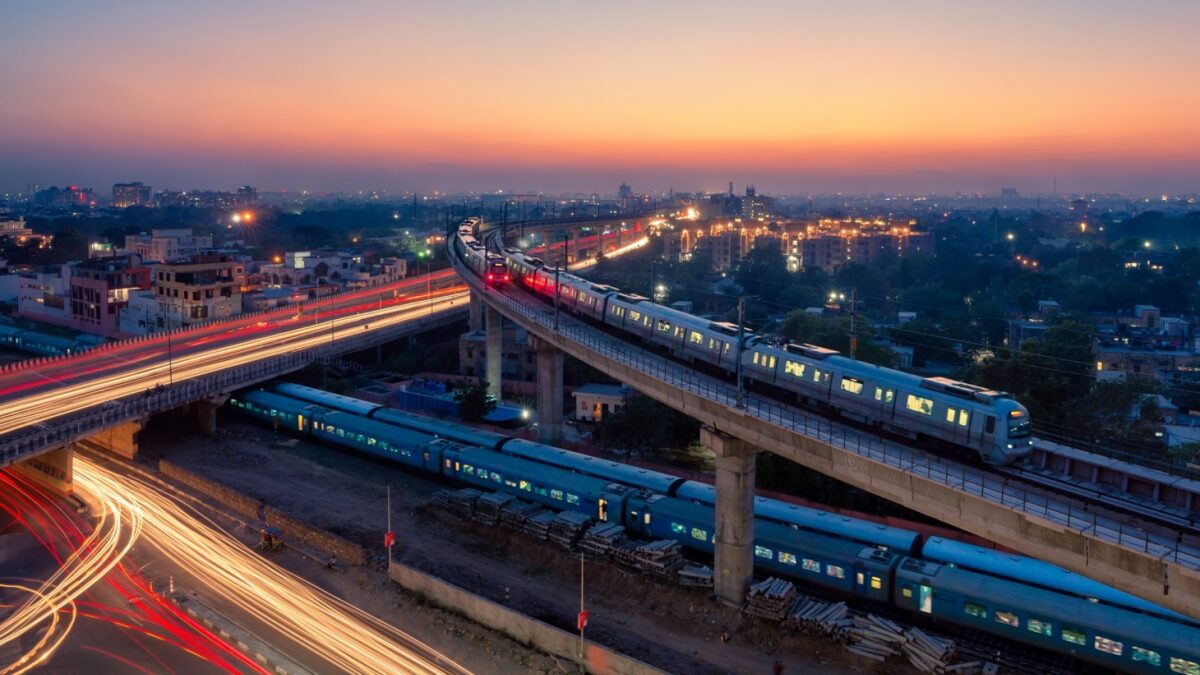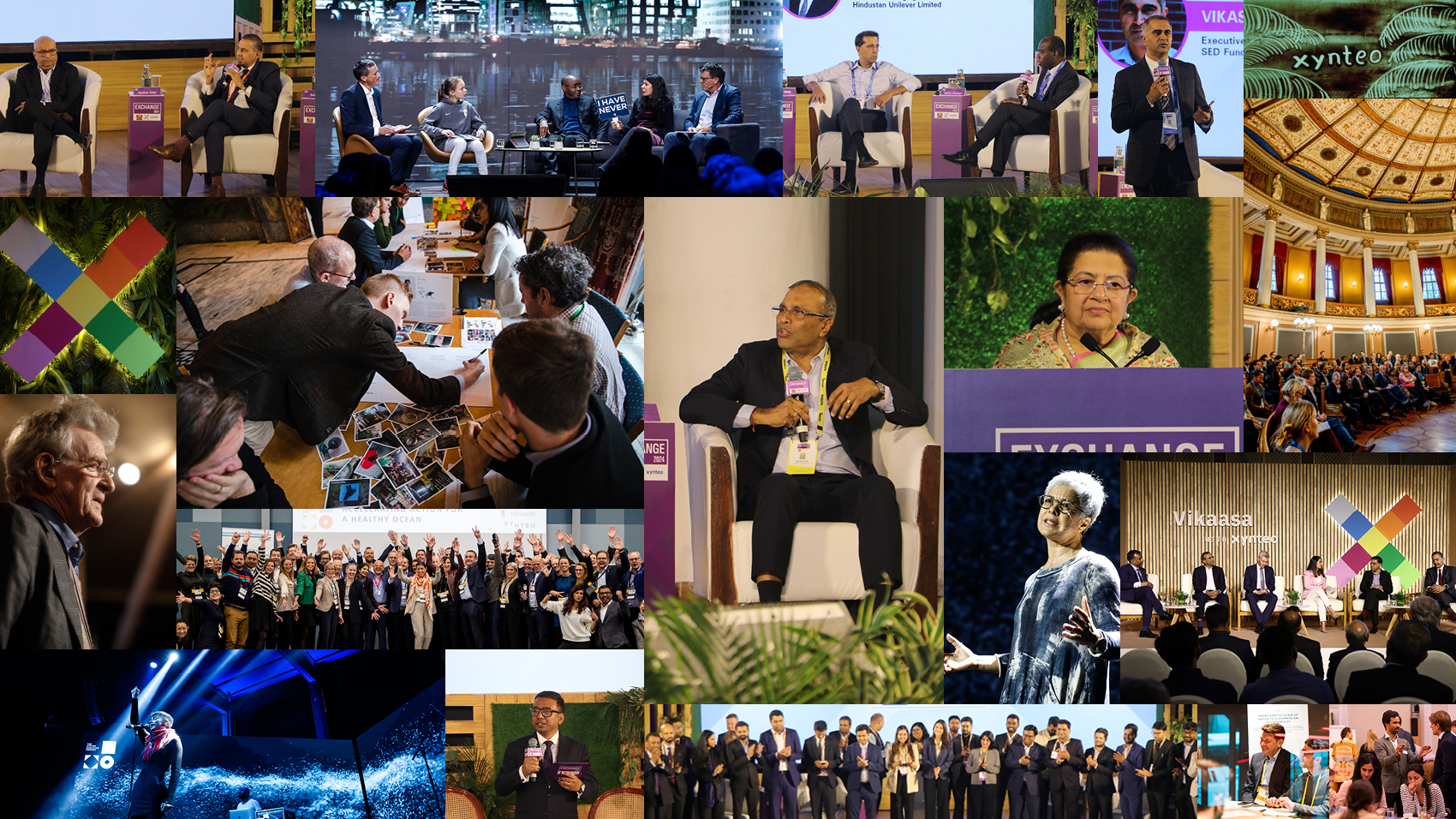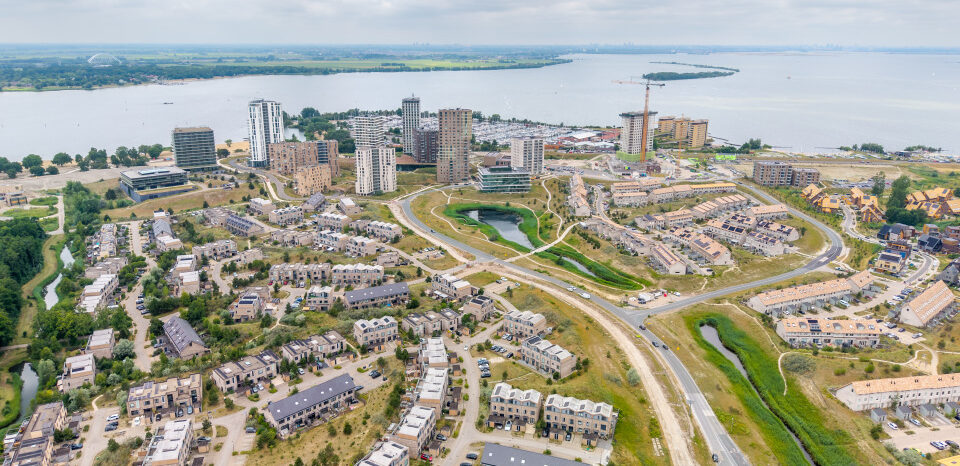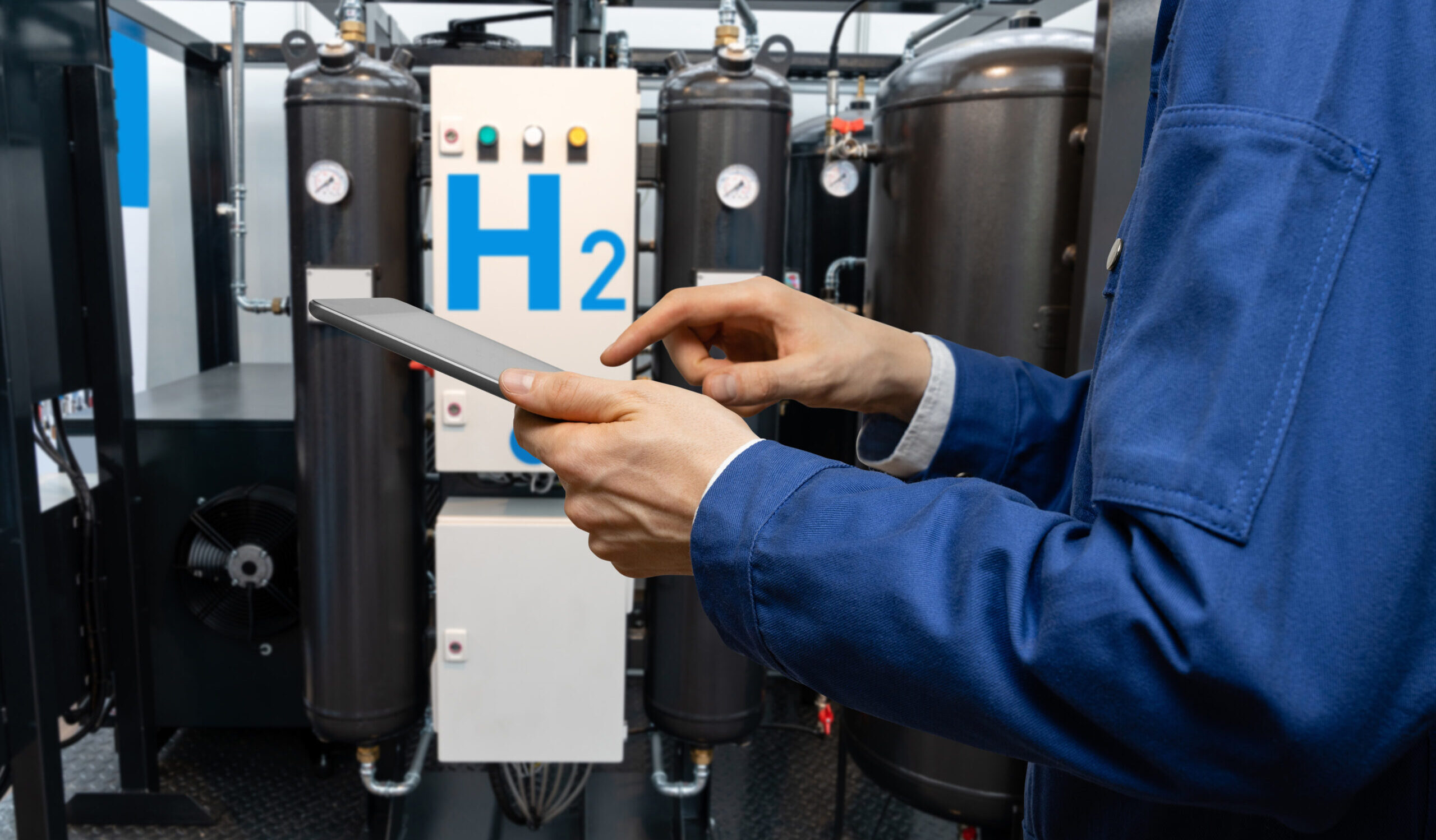Today marks a year since India took over the G20 presidency for 2023, as well as the beginning of the COP28 conference in Dubai. Both these moments in time are interlinked by the need to foster global collective action that generates prosperity for all people while preserving the planet. Our report, Accelerating India’s Sustainable Human-Centric Growth, brings together four archetypes for progressing people and planet-positive action in a meaningful and impactful way.
India as a nation finds itself at an inflection point, ready to ascend to the global forefront of sustainable development. The G20 theme of “One Earth, One Family, One Future” elegantly encapsulates India’s ancient ethos of “Vasudhaiva Kutumbakam” – the world is one family, symbolising the country’s monumental journey towards crafting national policy rooted in timeless wisdom.
To quote Prime Minister Narendra Modi, “inclusive, ambitious, action-oriented, and decisive — these four words defined our approach as G20 president… For our One Earth, we introduced ambitious and inclusive aims to create urgent, lasting, and equitable change.”
Inspired by India’s alternative to the status quo, a shift from a GDP-centric to human-centric progress, and its G20 2023 Action Plan to Accelerate Progress on the Sustainable Development Goals (SDGs), a new report by Xynteo, “Accelerating India’s Sustainable Human-Centric Growth,” unveils four powerful archetypes that hold the potential to accelerate India’s journey towards a future that thrives on low carbon growth, inclusivity, and active citizen participation. These archetypes, aligned with India’s G20 vision, serve as pathways to holistic advancement that intertwine economic development, social progress and environmental stewardship, embracing the connections between these crucial pillars to foster holistic growth.
The report puts forth pragmatic blueprints to advance India’s human-centric growth agenda on multiple fronts by pulling key levers – low-carbon models, inclusive progress, and participatory approaches. The real-world implications of embracing these archetypes are far-reaching. They encompass not only a fairer and more prosperous India but also hold the potential to ripple across the globe.
Each archetype offers more than just a theoretical construct. Taken individually and together they provide strategic blueprints for collaborative action between governments, businesses, and communities. And by working in collaboration, they materialise a shared vision of low-carbon, inclusive, and participatory growth in line with United Nation’s Sustainable Development Goals.
Unlocking green finance
Ambition for climate action is at an all-time high, but connecting worthy and game changing projects with the finance required is proving difficult. The first archetype puts forth the need for a transition finance collaborative consisting of diverse stakeholders from industry, government, and academia. Their collective expertise can develop a robust framework that directs capital towards green initiatives in hard-to-abate sectors not supported by conventional financing mechanisms. With this, we aim to foster a vibrant transition finance ecosystem and ensure the availability and allocation of affordable transition finance for climate change mitigation and adaptation projects in India’s hard-to-abate sectors that are not supported by conventional green finance mechanisms, and thereby spur Indian industries’ pathways to net-zero.
The report proposes instituting a coalition comprising relevant stakeholders from across the transition finance ecosystem — industry leaders, nodal government institutions, regulators, financial institutions, and representatives from the civil society — with the intent of leveraging their combined expertise, resources and strategic insights to develop a robust transition finance framework for India. The outputs and projects developed as a result of the collaboration can empower financial institutions and investors with enhanced capability to effectively evaluate and fund transition projects.
Sparking innovation for climate solutions
Historically, novel climate technologies face long development cycles due to lack of funding, technology benchmarking, pilot and scale-up support, and access to offtakers. Unfortunately, these long timeframes do not align with the urgent need for countries to achieve their net-zero goals and to mitigate the harmful effects of global warming. On the other hand, India boasts of a vibrant ecosystem of companies dedicated to addressing the climate crisis. However, novel technology solutions that tackle critical issues, such as industrial decarbonisation using green hydrogen and CCUS, as well as themes such as climate intelligence, climate fintech and carbon accounting, represent a mere 1% of the entire ecosystem.
Our report proposes focused accelerator programmes that connect investors and offtakers to start-ups with cutting-edge but niche technologies, such as carbon capture utilisation and storage (CCUS), offshore wind, and carbon accounting. Their primary objective is to support the evaluation, certification, scale-up, and commercialisation of novel technologies within individual value chains by facilitating access to finance, technical expertise and mentorship, enabling pilots to demonstrate proof of concept, performance validation and market access, thereby enhancing India’s leadership in such climate solutions.
Empowering communities in energy transition
India’s fossil fuel economy, characterised by its centralised and top-down structure, tends to perpetuate inequality by not being inclusive of rural communities and farmers. In contrast, renewable energy sources such as solar, hydro and biogas offer decentralised and accessible alternatives that empower communities and promote self-sufficiency. The shift towards renewables offers India the chance to ensure equitable energy access, especially for rural communities and farmers who comprise 65% of the population yet contribute 74% of agricultural emissions. However, smallholder farmers lack resources to participate in carbon markets, constraining the sector’s climate impact.
Our archetype involves a blockchain-enabled digital platform that allows farmers and rural communities to sell renewable energy and carbon credits to nearby industries more seamlessly. By leveraging distributed renewable energy sources based on agro-voltaics, solar rooftops, community biogas, and regenerative farming practices, the platform will serve as a centralised marketplace to connect project developers, financiers, buyers, verifiers and exchanges (energy and carbon trading) with farmers. The platform will allow farmers to access information, technical assistance and market intelligence, empowering them to adopt regenerative practices and earn carbon credits. This democratises the benefits of energy transition by generating additional income while advancing sustainable agriculture through carbon farming.
Nudging sustainable lifestyles
Current projections for emissions reductions are misaligned with the steep declines needed to meet climate targets, as lifestyle consumption generates 72% of greenhouse gases. Furthermore, the richest 1% produce double the emissions of the poorest 50%, requiring drastic 30-fold cuts for the 1.5 degree Celsius Paris goal. Aligning ambitions and actions on sustainable lifestyles is thus critical. We target sustainable consumption, an often-ignored lever, in line with the government’s push for Mission LiFE, first announced by Prime Minister Narendra Modi during the COP 26 summit in Glasgow, an India-led global mass movement to nudge individual and community action to protect and conserve the environment through pro-planet behaviour.
Therefore, we propose a digital platform that creates virtual carbon footprints for individual user profiles by linking consumption data tracked across platforms and services to raise awareness among users regarding the consequences of their lifestyles and compare their carbon footprints (eco-scores) with other users as well as against the UN’s specified benchmark, as well as incentivise pro-planet behaviour by enabling users to unlock exclusive benefits based on their eco-scores. This would also help create market access for green products and services, while promoting individual consumption of low carbon alternatives, and encourage the industry to embrace sustainable procurement and production practices.
Sustainable, human-centric growth for today and tomorrow
By anchoring sustainability and inclusivity at the heart of India’s pursuits, these archetypes beckon forth an era where growth synergistically uplifts people and revives nature. They epitomise the potential for India’s leadership to inspire emerging economies when economic policies actively strengthen the interwoven fabric of social equity and ecological regeneration.
As we enter the COP28 process, let us set sight on this horizon beyond conventional constraints, let us work together to envision how to collectively actualise these archetypes.
What bold partnerships, policy levers or innovative business models could drive this transition? Which proofs of concept could signal the viability of balanced, human-centric growth? Let us exchange ideas on incubating these possibilities and charting an economic order for the 21st century – one that sustains the prosperity of both people and planet.
–
Stay up to date with our latest interviews by following us on social media (LinkedIn I Twitter), or Contact Us to find out how we can help your leaders and organisation create people and planet-positive impact.



